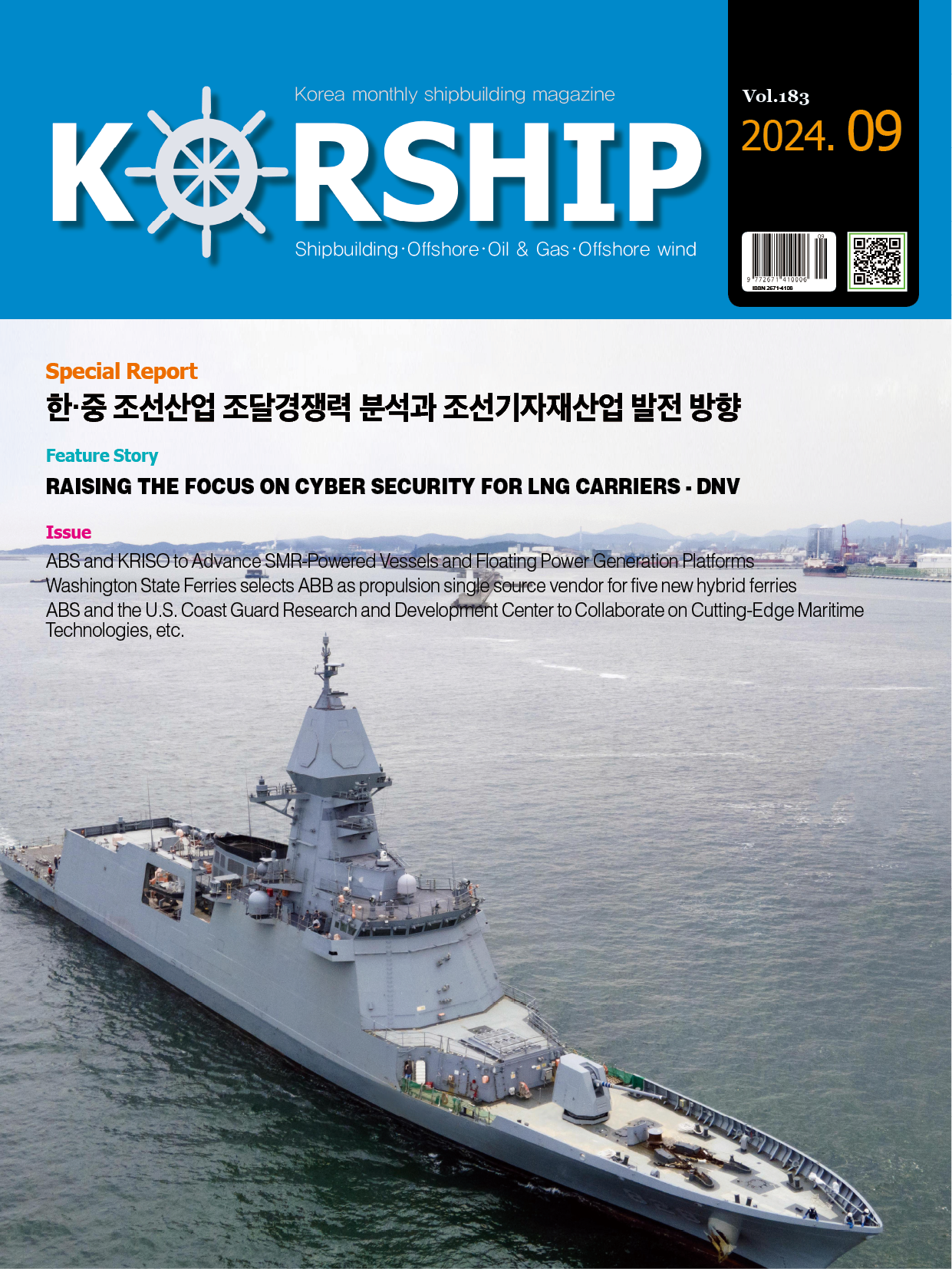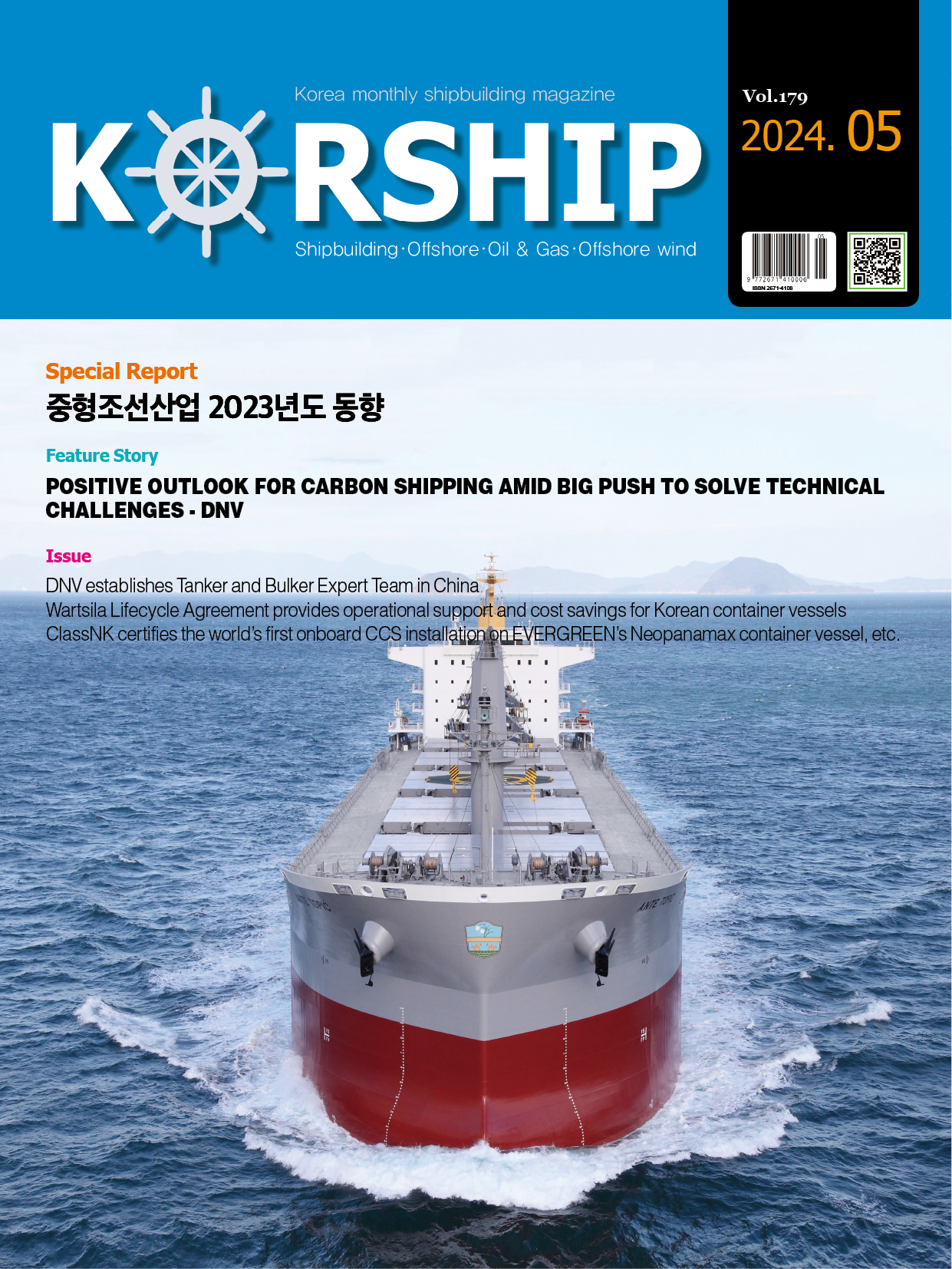Issue DNV to assess the viability of blending hydrogen into South Korea’s ga…
페이지 정보
작성자 최고관리자 댓글 0건 조회 1,468회 작성일 23-03-14 17:20본문
DNV, the independent energy expert and assurance provider, has been selected by South Korea’s state-owned natural gas importer and transporter Korea Gas Corporation(KOGAS) to assess the viability of blending hydrogen into the nation’s gas transmission network.
KOGAS is the world’s largest importer of liquefied natural gas(LNG) and transports the regasified fuel nationwide through its extensive high-pressure gas pipeline network.
The two-year project will assess the scope for blending hydrogen with natural gas in KOGAS’ 5,000-kilometre-long domestic transmission network. More specifically, DNV will assess the pipeline network’s suitability for hydrogen blending, provide technical and advisory support to KOGAS’s hydrogen blending test project on Jeju Island and provide support to KOGAS in addressing the requirements of South Korea’s regulatory authorities in overseeing hydrogen’s integration and uptake.
The work plan includes assessing and demonstrating the viability and impact of blending hydrogen with natural gas at various ratios in KOGAS’ transmission pipeline system, advising on the options, construction and operation of hydrogen injection facilities and equipment, reviewing methods for controlling the concentration of hydrogen blending for customers, providing on-site technical support and data analysis for the hydrogen demonstration project and supporting KOGAS in addressing the requirements of the energy regulator through the application of knowledge gained in related projects internationally.
DNV is working globally with an increasing number of gas pipeline companies to safely repurpose gas transmission and distribution networks for the integration of blended and 100% hydrogen gas. In addition, DNV’s Spadeadam research facility in the UK is conducting full-scale testing on the safe transportation of hydrogen in gas networks through to the appliances in homes.
Our 2022 Energy Transition Outlook forecasts that hydrogen production for energy purposes will meet 9% of Asia-Pacific energy demand by 2050, and together with industry and governments, we are helping solve the technical challenges associated with adopting hydrogen as a leading fuel in the energy transition, to accelerate its uptake and meet our climate goals.












